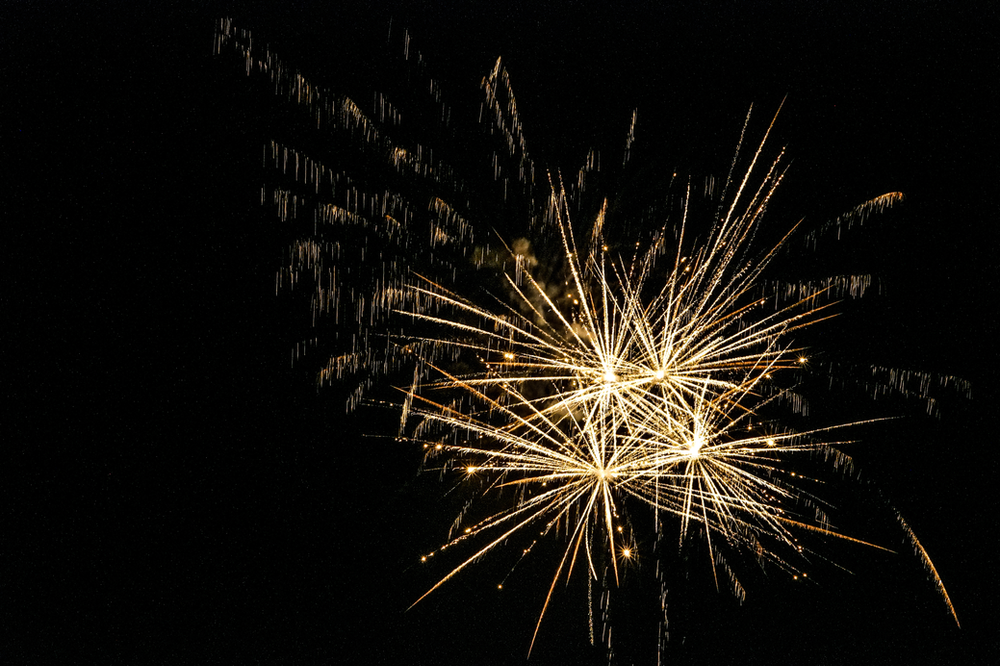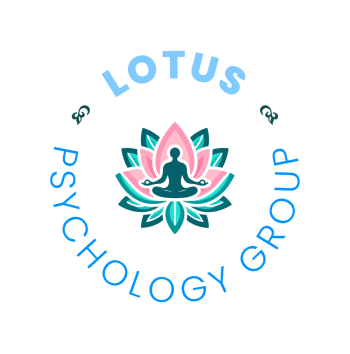Understanding (and Managing) the Impact of Fireworks on PTSD
What Is PTSD & Who Does it Impact?
PTSD is an anxiety disorder that can occur after a traumatic event as well as due to repeated exposure to traumatic experiences or as a result of neglect or abuse in childhood. Traumatic events that result in PTSD are often extremely frightening or life-threatening. However, it’s worth noting that every person has a different threshold. That means something that triggers a trauma response in one person may be easily managed by another. For instance, in the examples from our introduction of high risk career fields, many military service members, police officers, or firefighters can have very similar experiences, but not all of these individuals will develop PTSD. Anyone can develop PTSD following an event they perceive as traumatic. This condition does not just impact people with high risk jobs or who engage in high risk behaviors in their personal life. In fact, one of the most common causes of PTSD is the loss of a loved one.
How Do I Know if I Have PTSD?
You may be struggling with PTSD if you have experienced a traumatic event(s) and you notice any of the following symptoms:
· Reliving the event – sometimes referred to as re-experiencing or flashbacks, reliving is the most common symptom of PTSD. Sometimes this experience of reliving the event happens when awake. Other times, individuals may have repeated nightmares about the event.
· Intrusive thoughts and feelings – disturbing or distressing thoughts, images, and sensations may occur. These thoughts and feelings may be directly related to the traumatic experience or just disturbing or distressing in general.
· Physical symptoms – unexplained aches and pains, sweating, shaking or trembling, nausea or sickness, increased heart rate, chest pain, headaches, difficulty focusing eyes or seeing clearly, and other physical changes may occur as a result of being exposed to a PTSD trigger.
· Hyperawareness – the person may be constantly safety planning, checking for potential sources of danger, or otherwise feel on high alert.
· Substance use – avoiding intense feelings or troubling thoughts through numbing with alcohol, drugs, and other addictions is common among individuals who struggle with PTSD.
· Increased risk for cooccurring mood disorders – individuals diagnosed with PTSD are at much higher risk for depression, general anxiety, self-harming, and suicidal ideation.
· Relationship struggles – individuals managing PTSD may have a tough time maintaining romantic, familial, personal, and professional relationships.
How Do Fireworks Relate to PTSD?
How Do I Manage PTSD Symptoms During Fireworks?
· Create a mantra – repeating a simple mantra to yourself like, “I am safe” or “It’s only a firework,” can be beneficial to ground you in the present and minimize risk for reliving or flashbacks from happening.
· Physically ground yourself – create physical sensation to remind your body where you are. Press your back against a wall. Put your hands together. Any sensation that will remind you to focus on where you are in the present moment will work.
· Consider investing in a weighted blanket – applying pressure to the body relaxes the nervous system and alleviates PTSD response.
· Develop a breathing practice – one of the simplest breathing practices to learn involves slowly counting to five as you inhale. Then, holding your breath as you count to five. Finally, counting to five as you exhale. This helps to ensure you avoid taking shallow breaths, which can increase anxiety. Additionally, the deep breaths are soothing to the body in generally, and they can help you to focus on the present moment.
Bonus Tip – Talk to a Professional
Processing traumatic experiences and healing from the effects of these events can be a lengthy process. Whether you’ve struggled with PTSD for years or it’s a recent development, the knowledgeable team members at Lotus Psychology Group are here to offer support. If you want to learn more about the benefits of therapy as part of PTSD healing and recovery, please reach out to our office by calling (248) 957-8973, emailing info@lotuspsychgroup.com, or completing our online scheduling request form.

